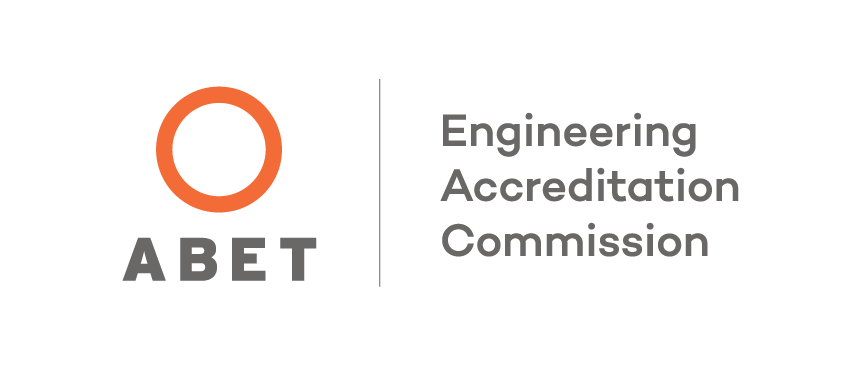Chemical engineering accreditation
The Bachelor of Science in Chemical Engineering program at Wayne State University is accredited by the Engineering Accreditation Commission of ABET, https://www.abet.org, under the commission’s General Criteria and Program Criteria for Chemical, Biochemical, Biomolecular, and Similarly Named Engineering Programs

Mission
Our mission is to inspire excellence in chemical engineering and materials science through innovative education, cutting-edge research, and community engagement across southeast Michigan. We are dedicated to ensuring equitable opportunities for the success of students from all backgrounds. Our programs empower students to become ethical leaders in the field, ready to address local and global challenges.
Vision
Working together, students and faculty will advance the frontiers of knowledge in chemical engineering and materials science. Our department will provide an exceptional educational experience for students of all backgrounds, preparing them to make meaningful contributions to society.
Enrollment and graduation statistics
| Year (fall semester) | Enrollment | Degrees awarded |
|---|---|---|
| 2024 | 72 | 22 |
| 2023 | 81 | 26 |
| 2022 | 96 | 23 |
| 2021 | 121 | 28 |
| 2020 | 142 | 37 |
| 2019 | 154 | 34 |
Enrollment data reflects the total number of students in BSCHE pre-professional and professional engineering programs.
Program educational objectives
Program educational objectives describe the career and professional accomplishments for which the program is preparing graduates to achieve within a few years of graduation:
- PEO 1: Obtain professional positions in the public or private sector, and/or
- PEO 2: Earn advanced degrees in their area of interest.
- PEO 3: Acquire and integrate new knowledge, skills and areas of expertise during their careers.
- PEO 4: Use their engineering skills to contribute in meaningful ways to their local and global communities.
Student outcomes
The following student outcomes are knowledge and abilities that students are expected to have by the time of their graduation.
- an ability to identify, formulate, and solve complex engineering problems by applying principles of engineering, science, and mathematics.
- an ability to apply engineering design to produce solutions that meet specified needs with consideration of public health, safety, and welfare, as well as global, cultural, social, environmental, and economic factors.
- an ability to communicate effectively with a range of audiences.
- an ability to recognize ethical and professional responsibilities in engineering situations and make informed judgments, which must consider the impact of engineering solutions in global, economic, environmental, and societal contexts.
- an ability to function effectively on a team whose members together provide leadership, create a collaborative environment, establish goals, plan tasks, and meet objectives.
- an ability to develop and conduct appropriate experimentation, analyze and interpret data, and use engineering judgment to draw conclusions.
- an ability to acquire and apply new knowledge as needed, using appropriate learning strategies.